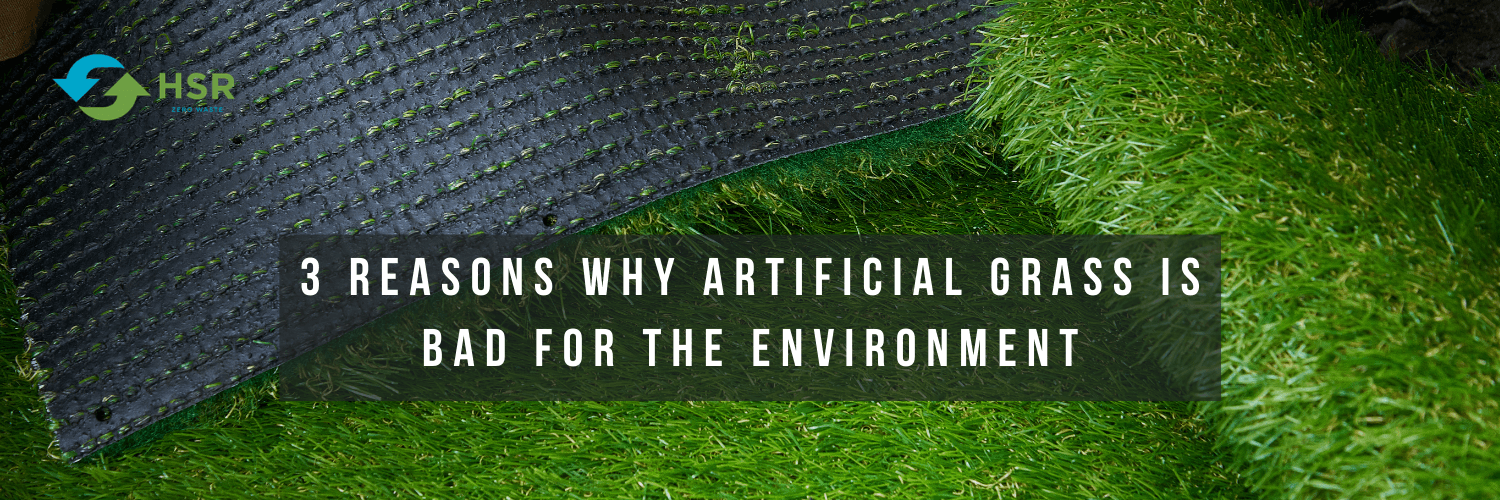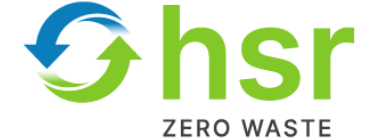
3 Reasons Why Artificial Grass Is Bad For The Environment
Jun 2nd, 2021It is important to stay informed and understand why exactly artificial grass is bad for our environment and for us.
We have had several lively discussions on our social media channels about this subject and the necessity of steering away from it and/or even banning it outright.
The popularity of this dilemma is visible in the reactions to this tweet, where we urged our followers to really think twice before purchasing fake grass. This particular tweet was seen by more than 20,000 of you and had a bunch of retweets and likes. To us, this is a clear indicator that many people agree that we should not give in to the desperate urge to have the appearance of a healthy, green lawn by digging up our beautiful gardens and replacing them with artificial, plastic grass.
Plenty of cities across British Columbia discourage the use of artificial grass already. In 2016, the City of Vancouver issued a short advisory notice explaining why they will not approve artificial grass installations on private properties.
As we know, perfectly trimmed green lawns need a lot of water that can be considered a waste. However, a beautiful clover garden could be a great alternative to that. The City of North Vancouver, for example, encourages people to consider these clover lawns as they are low-maintenance, resilient, evergreen, and flower in the spring.
There are so many alternatives to a well-maintained green lawn. Artificial, plastic grass should not be one of them.
Let’s look at some of the reasons why artificial grass is not a good idea.
Artificial grass uses huge amounts of plastic
You would not immediately realize this, but a plastic garden has an enormous amount of weight to it. To cover a small urban garden of around 200 square feet with artificial grass adds almost 25 Kg of plastic to the already massive amounts of plastics entering our environment.
Real grass weighs virtually nothing.
It sheds microplastics which eventually wash into rivers and seas
A plastic lawn will continue to break down into micro-plastics and contaminate our soils during its entire life span. These microplastics eventually end up in our rivers, oceans, and micro-organisms.
Real grass offers food and shelter to wildlife, captures carbon, and increases biodiversity. The production of fake grass, on the other hand, ‘offers’ a whole lot of greenhouse gasses.
At the end of its lifespan, artificial grass is discarded in a landfill
Manufacturers of fake grass claim that their products last anywhere between 15 and 25 years, depending on the circumstances. That is a long time of shedding microplastics! Once the product is ready to be discarded, instead of being recycled, it ends up thrown into a landfill where it continues to break down into microplastics.
Also, if the time comes where you decide to sell your property, the new owner might not like the idea of a plastic lawn and would garbage the product way before its end of life.
Trevor Dines, a botanical specialist for charity Plantlife, said that the popularity of artificial grass shows how disconnected we have become from the natural world.
“Whenever I see artificial grass my heart sinks – more nature smothered by more plastic. Where once we were famed for our lawns, we now opt for artificial, low-maintenance solutions. […] This is not just to the detriment of wildlife but to us, too; children can’t make a daisy-chain on a plastic lawn.”
What are your thoughts on artificial grass? Let us know!
Earn your Zero Waste Certificate today!
If you are ready to take your Zero Waste knowledge to the next level, then you can register for the Zero Waste Fundamentals Program.
This self-run course consists of 5 sessions, a mix of video classes, mini-quizzes, exercises, and additional resources. It is specifically designed for those who are looking for more in-depth knowledge on Zero Waste and aims to provide a solid foundation of Zero Waste practices, policies, values, and concepts.
After completion, you will be able to actively identify, support, and advocate for Zero Waste, achieving a Zero Waste Canada official certificate of conclusion.
It is time to delve into this new way of living and start your journey toward Zero Waste.
Registration is open and we hope that you will join the wonderful global community of Zero Waste enthusiasts!
Register here for the Zero Waste Fundamental program. You can also download the course handbook.
Don’t forget to share this post with all those who care for their environment and are ready for a new challenge!
